On 18th July, the conference titled “Women Entrepreneurs and Innovators- Contemporary Insights from Research and Practice” was held at the Talbot Campus. The conference brought together academics, entrepreneurs, professionals, and students to discuss cutting edge insights from theory and practice of women entrepreneurship.
The day started with Dr Mili Shrivastava, organiser of the conference, highlighting the importance of women entrepreneurship and introducing the speakers. The first speaker was Professor Claire Leitch from Lancaster University. Prof Leitch is the editor of International Small Business Journal, a leading entrepreneurship field Journal. She presented her work on women entrepreneurship as a gendered niche and its implications for regional development policy. Following this stimulating talk emphasizing the role of geography for women entrepreneurship, Professor Helen Lawton Smith from University of London, discussed academic women entrepreneurs and research commercialisation by them at UK Universities. The third speaker was Erin Thomas Wang, founder of Makingmumpreneurs. com. She shared unique perspectives from her start- up journey.
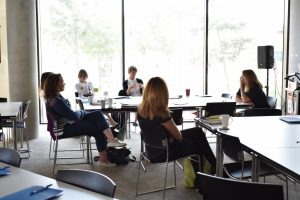
In the afternoon session, Professor Lynn Martin, an academic entrepreneur from Angela Ruskin University, discussed her perspectives on women entrepreneurship from both research and practice. Following her talk, Dr Mili Shrivastava presented contemporary insights from her project with Gabriel Glixelli on women entrepreneurs in High technology industries. Finally, Ms Sarah Veakins, Marketing advisor of Outset, a government organisation advocating women enterprise talked about her experiences in supporting women entrepreneurs in the region and her perspectives on starting-up.
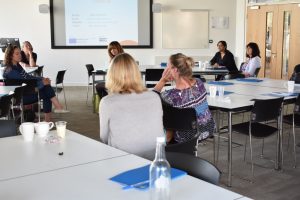
The Conference organically developed into a forum for compelling discussion on various aspects of women innovation and entrepreneurship such as gender, society, regional context and role of education that emerged throughout the day. It became an innovative setting for stimulating discussion on cutting-edge research and practice of women entrepreneurship and innovation with entrepreneurs and academics coming together for an insightful and enriching day.
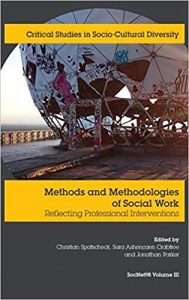
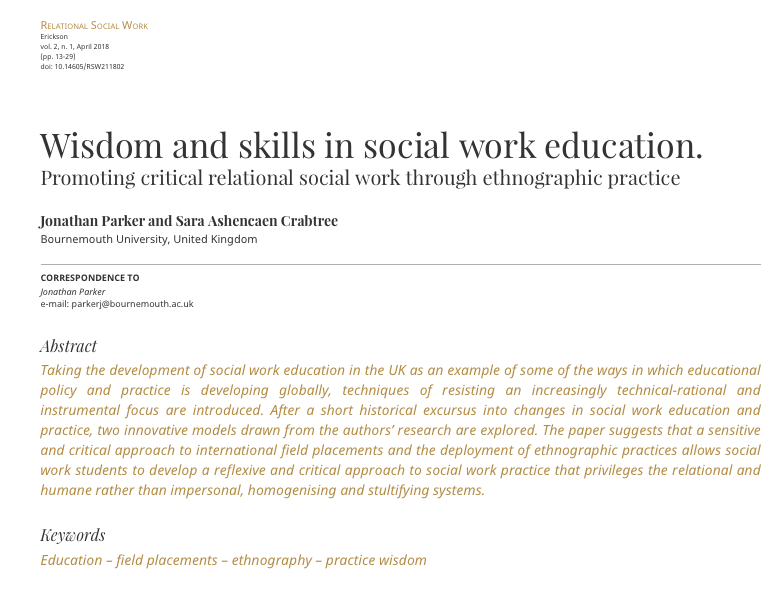
 Sara Ashencaen Crabtree, Lorraine Brown, Frances Hawkhead & Jayne Caudwell
Sara Ashencaen Crabtree, Lorraine Brown, Frances Hawkhead & Jayne Caudwell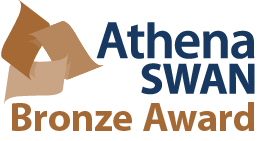 We will be submitting an application to be re-accredited with the bronze Athena SWAN award in Winter 2018. The bronze institution award requires universities to undertake an assessment of gender equality in the institution, including quantitative (staff data) and qualitative (policies, practices, systems and arrangements) evidence and identifying both challenges and opportunities. We are holding a series of focus groups at different levels during Spring/Summer 2018 and all BU staff are invited to attend. These will provide rich qualitative data about staff experiences and perceptions, as well as suggestions for improvements, around key areas assessed via the SWAN process. The focus groups also show BU’s continuing commitment to gender equality and desire to engage with staff. The data will be reviewed by the SWAN Self-Assessment Team and Steering Group and will inform the award submission and action plan.
We will be submitting an application to be re-accredited with the bronze Athena SWAN award in Winter 2018. The bronze institution award requires universities to undertake an assessment of gender equality in the institution, including quantitative (staff data) and qualitative (policies, practices, systems and arrangements) evidence and identifying both challenges and opportunities. We are holding a series of focus groups at different levels during Spring/Summer 2018 and all BU staff are invited to attend. These will provide rich qualitative data about staff experiences and perceptions, as well as suggestions for improvements, around key areas assessed via the SWAN process. The focus groups also show BU’s continuing commitment to gender equality and desire to engage with staff. The data will be reviewed by the SWAN Self-Assessment Team and Steering Group and will inform the award submission and action plan.
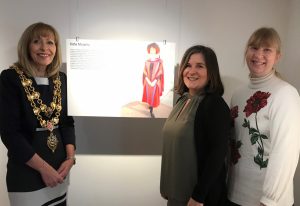
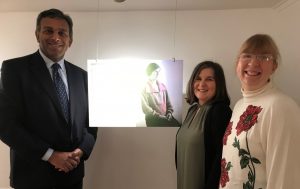
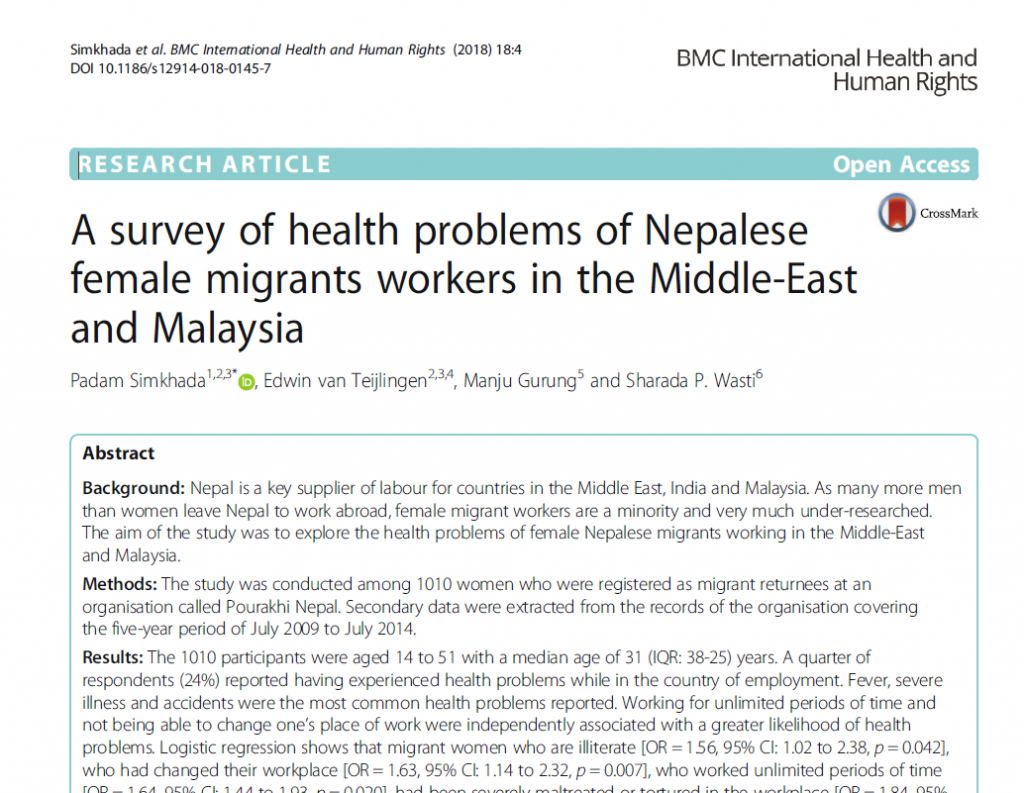
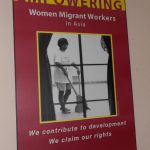

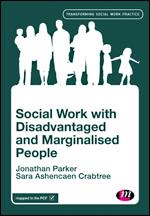
 In the past few days of November, the Women’s Academic Network (WAN) has hosted an interactive, feminist art exhibition by the Red Luna Artists’ Collective entitled ‘Project Vagina’. The exhibition, held in the Atrium Art Gallery in Poole House, has been open to staff, students and the general public, with an invitation also issued to our creative neighbours next door at AUB.
In the past few days of November, the Women’s Academic Network (WAN) has hosted an interactive, feminist art exhibition by the Red Luna Artists’ Collective entitled ‘Project Vagina’. The exhibition, held in the Atrium Art Gallery in Poole House, has been open to staff, students and the general public, with an invitation also issued to our creative neighbours next door at AUB.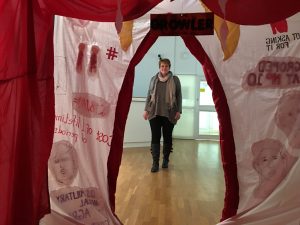
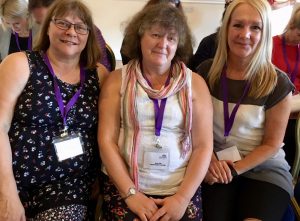
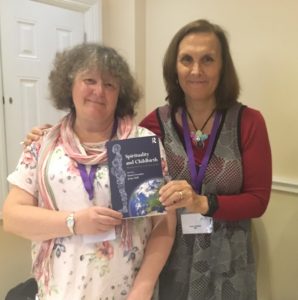

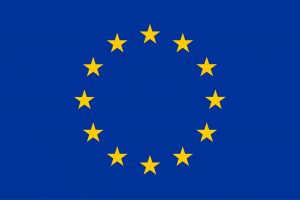
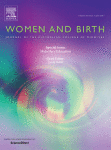
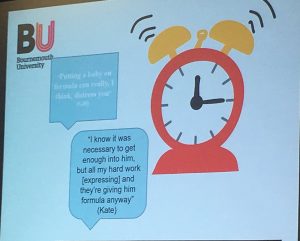
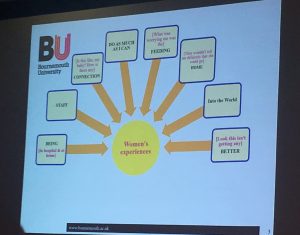


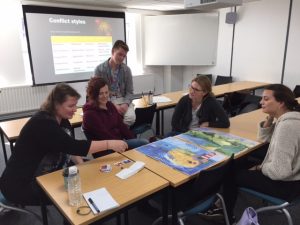











 REF Code of Practice consultation is open!
REF Code of Practice consultation is open! BU Leads AI-Driven Work Package in EU Horizon SUSHEAS Project
BU Leads AI-Driven Work Package in EU Horizon SUSHEAS Project Evidence Synthesis Centre open at Kathmandu University
Evidence Synthesis Centre open at Kathmandu University Expand Your Impact: Collaboration and Networking Workshops for Researchers
Expand Your Impact: Collaboration and Networking Workshops for Researchers ECR Funding Open Call: Research Culture & Community Grant – Apply now
ECR Funding Open Call: Research Culture & Community Grant – Apply now ECR Funding Open Call: Research Culture & Community Grant – Application Deadline Friday 12 December
ECR Funding Open Call: Research Culture & Community Grant – Application Deadline Friday 12 December MSCA Postdoctoral Fellowships 2025 Call
MSCA Postdoctoral Fellowships 2025 Call ERC Advanced Grant 2025 Webinar
ERC Advanced Grant 2025 Webinar Update on UKRO services
Update on UKRO services European research project exploring use of ‘virtual twins’ to better manage metabolic associated fatty liver disease
European research project exploring use of ‘virtual twins’ to better manage metabolic associated fatty liver disease